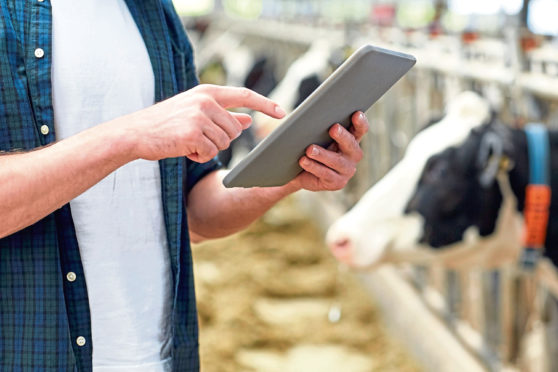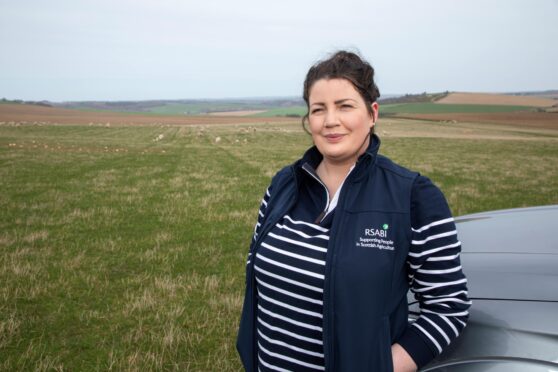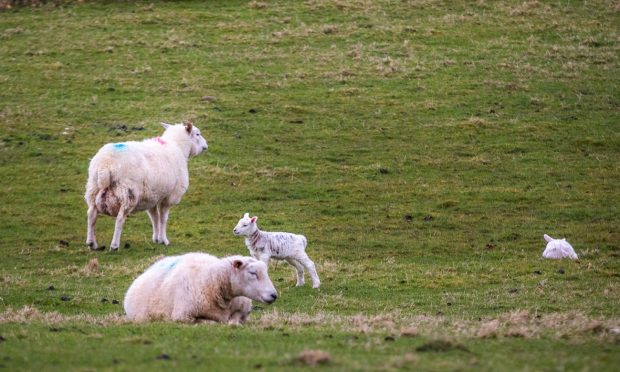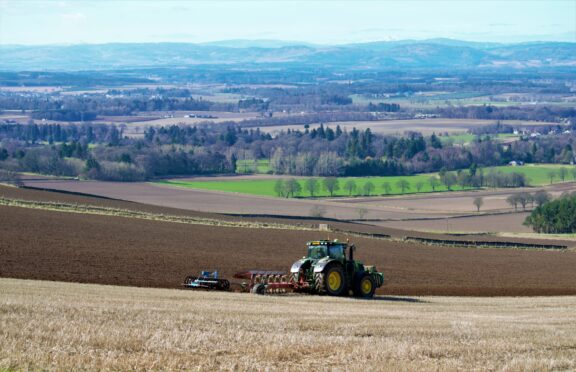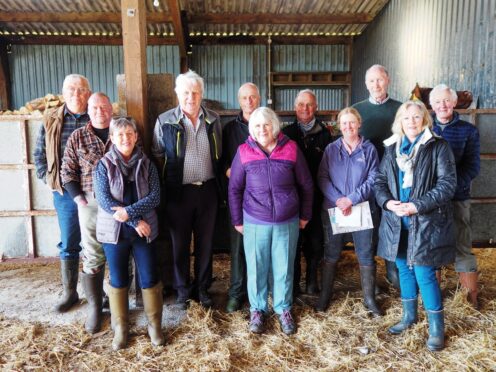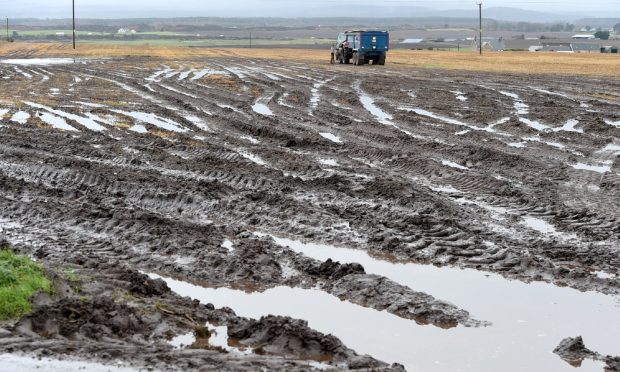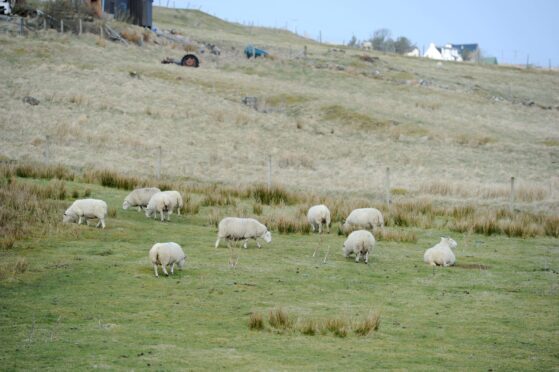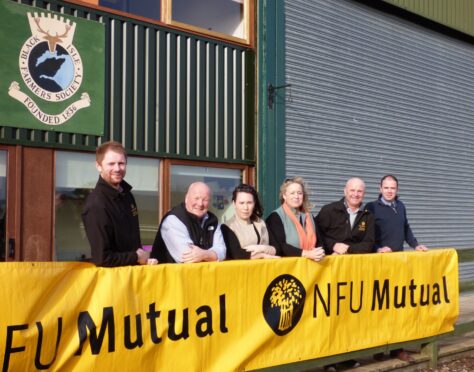The UK’s cyber security agency has issued its first online safety guidance for the farming sector as technology becomes increasingly important to agriculture.
The National Cyber Security Centre (NCSC) has worked with the NFU in England and Wales to create the guidance, which includes advice on protecting farms against malware and dealing with scams.
The NCSC said a rise in the use of technology such as GPS, remote sensors and farm management software meant the sector needed to take more action around security as statistics show an increase in reports of cyber attacks against the farming community.
The new guidance, which has been made available in full on the NCSC website, encourages farmers to keep their devices up to date and back up data, and gives guidance on where to go for help.
Sarah Lyons, NCSC deputy director for economy and safety, said: “Technology plays a huge role in modern farming and offers many benefits that will help the industry to thrive in the 21st Century.
“We are teaming up with the NFU to share best online practice to the sector, as an increased use of technology also sees an increased risk of being targeted by cyber criminals.
“Staying safe online might seem daunting, but the actionable advice in Cyber Security for Farmers will help the sector to stay as safe as possible while embracing the latest technology.”
NFU deputy president Stuart Roberts encouraged all farmers to read the advice and take necessary steps to reinforce their cyber security.
He said: “Rural crime is a huge issue for farm businesses and we rightly look to protect our farm buildings, machinery and our livestock.
“However, we all live and work in a digital world and we must be conscious of the threats this can bring to our businesses.
“It’s incredibly important farmers take this seriously, which is why we’ve teamed up with the experts in the National Cyber Security Centre to help produce this guidance.”
